10 countries where drinking, selling alcohol could land you in jail
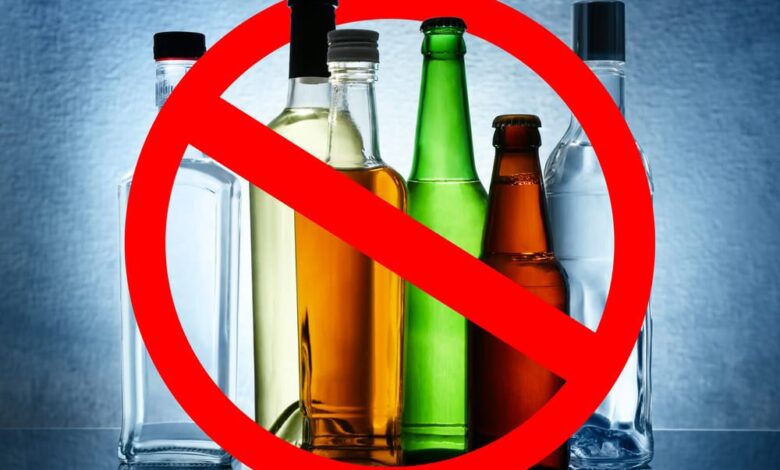
Think sipping a glass of wine is harmless everywhere? Think again.
While many countries embrace alcohol as part of their social or cultural fabric, others have strict lawsŌĆöoften shaped by religion or public order concernsŌĆöthat criminalise drinking entirely or impose severe restrictions.
In some places, having a drink could lead to hefty fines, deportation, or even jail time.
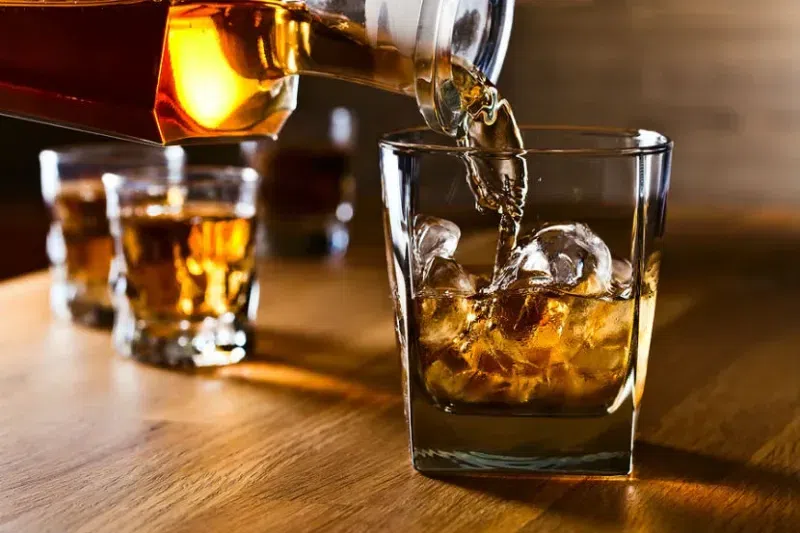
Easter is a time to also show your partner how precious they are to you.
Whether you’re a seasoned traveller, an expat, or simply curious, here are 10 countries where consuming alcohol could land you in serious trouble.
ALSO READ: Police ban movement of personnel in Bawku, Binduri, others over targeted attacks
1. Saudi Arabia
Status: Total ban (with a limited exception for diplomats)
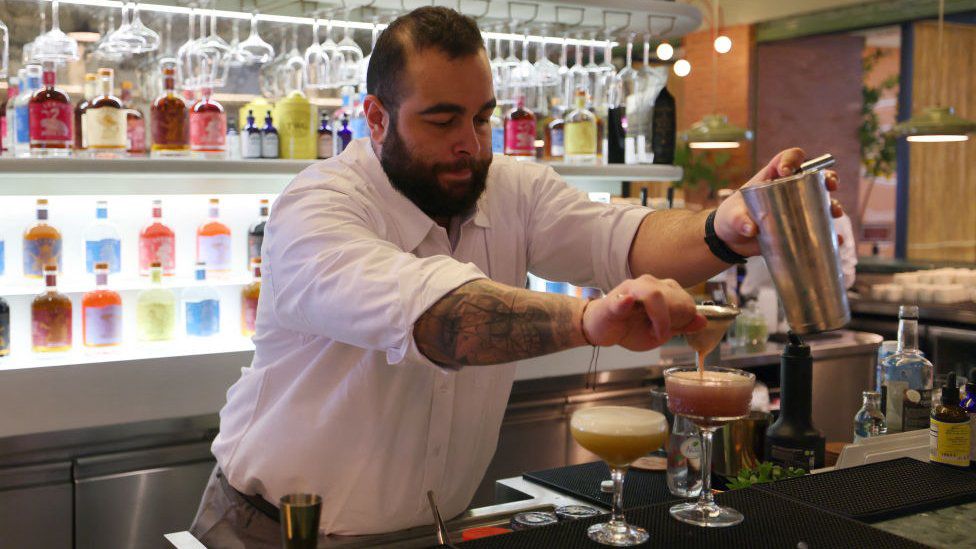
Saudi Arabia enforces some of the worldŌĆÖs harshest alcohol laws. Since 1952, the sale and consumption of alcohol have been completely banned.
Importing, possessing, or even being caught under the influence can lead to jail time, public flogging, and deportation for foreigners.
In 2024, however, the country announced its first official alcohol store, opened in RiyadhŌĆÖs Diplomatic QuarterŌĆöexclusively for non-Muslim diplomats.
2. Iran
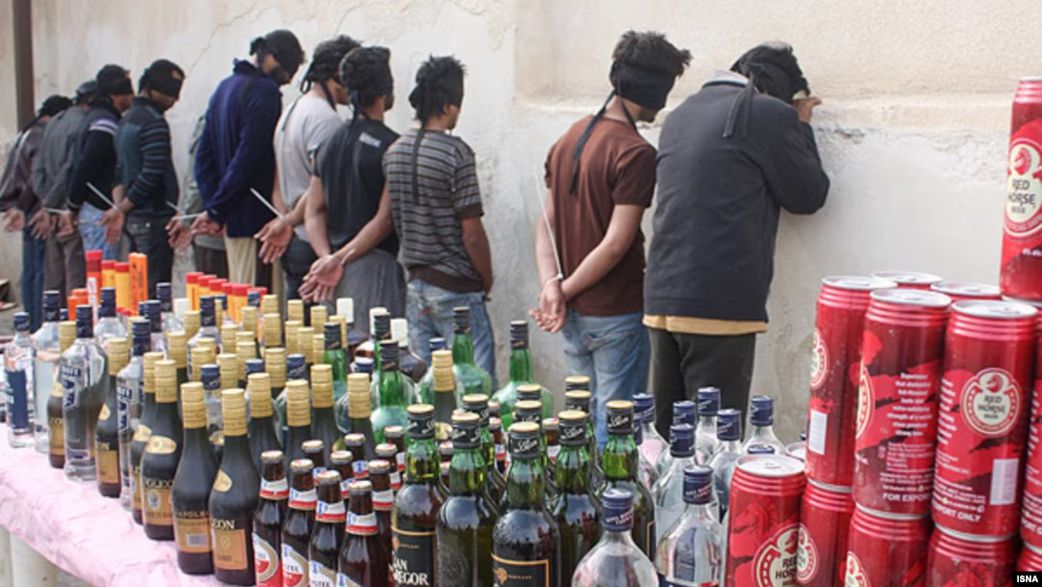
Status: Banned for Muslims
Alcohol has been illegal in Iran since the 1979 Islamic Revolution. While certain religious minorities are allowed limited access, Muslims caught consuming alcohol can face corporal punishment, fines, or imprisonment. Public intoxication is considered a serious offence.
3. Afghanistan
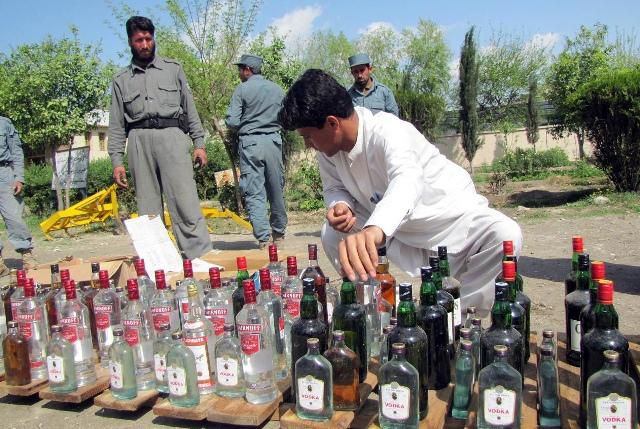
Status: Prohibited
Afghanistan bans alcohol for both locals and most foreigners. Even private consumption or possession can result in arrest and prosecution. The countryŌĆÖs strict interpretation of Islamic law leaves no room for leniency.
4. Libya
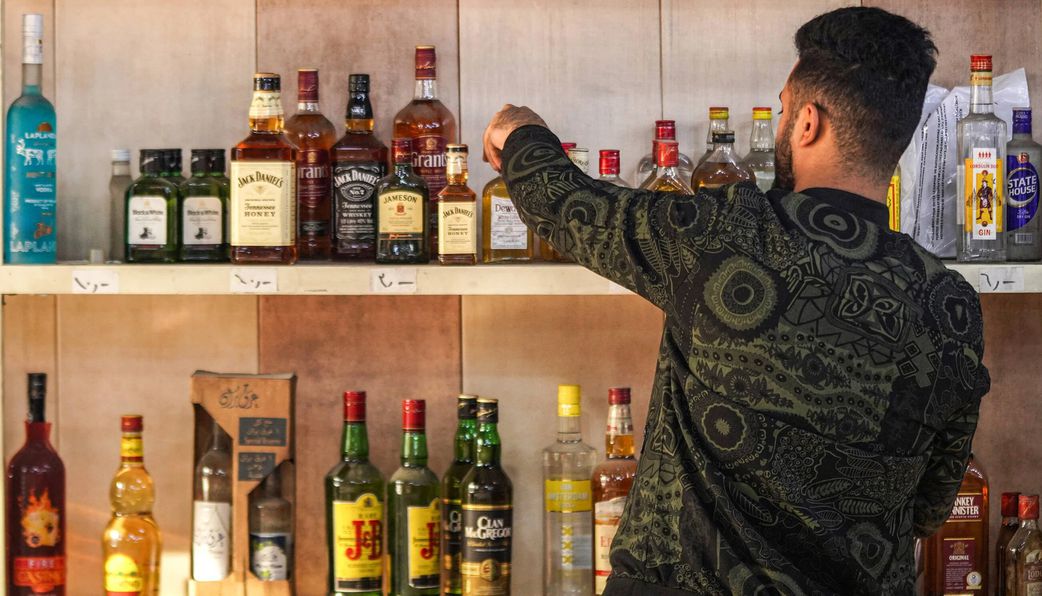
Status: Banned
Libya outlawed alcohol in 1969, with harsher measures introduced under the 1974 Prohibition Law. Today, any involvement with alcoholŌĆöbe it production, possession, or smugglingŌĆöcan result in lengthy prison sentences.
5. Bangladesh
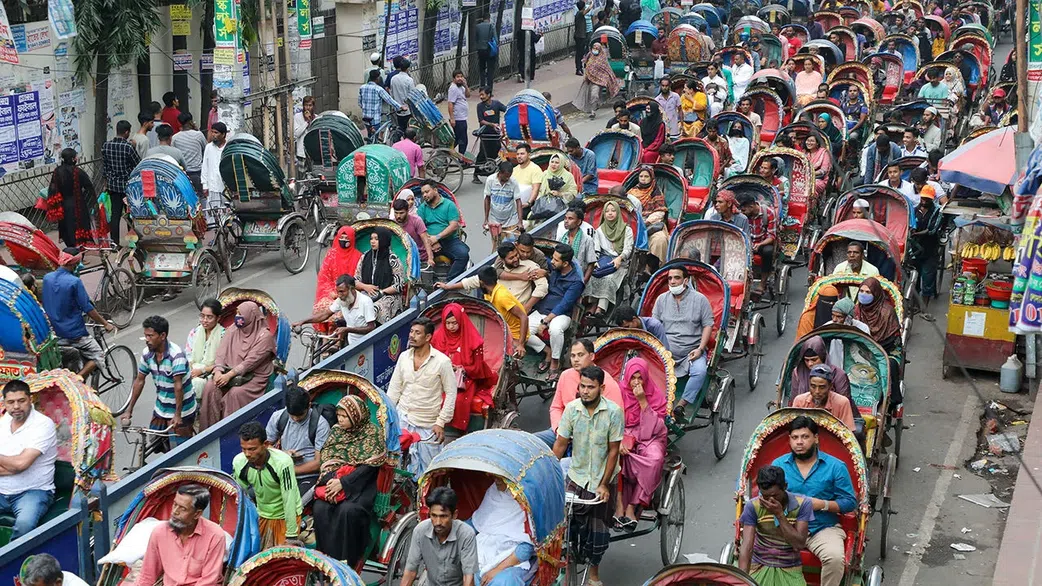
Status: Restricted
In Bangladesh, only licensed non-Muslims may legally purchase and consume alcohol. Muslims caught drinking face substantial fines or imprisonment.
The sale and availability of alcohol are tightly controlled.
6. Kuwait
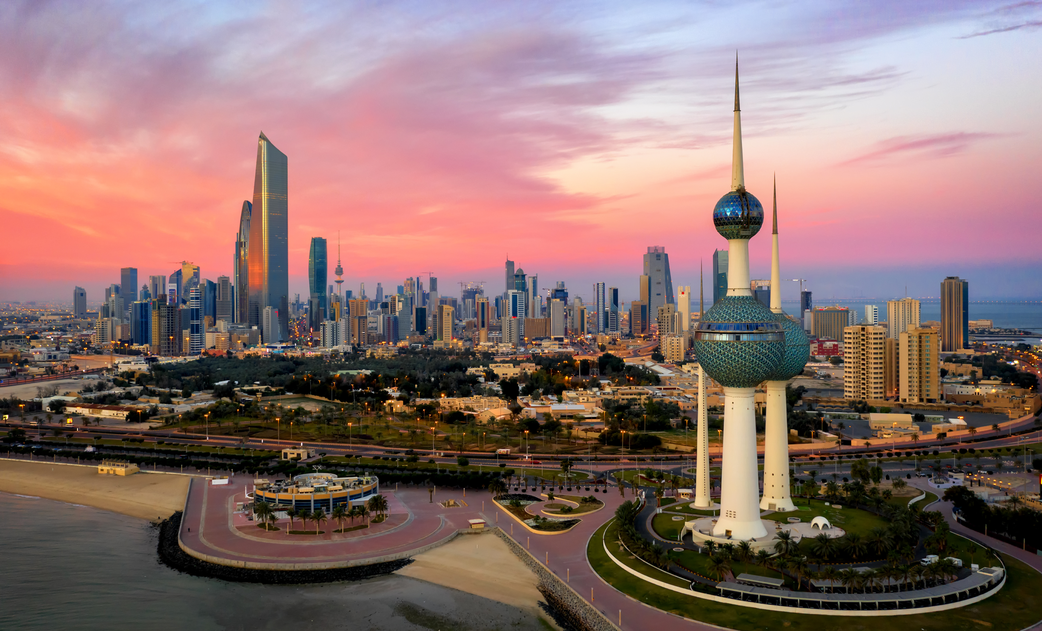
Status: Banned
Kuwait has a complete ban on alcohol. Even possession of small quantities can result in arrest, fines, and deportation for foreigners.
Enforcement is strict, and smuggling attempts are treated as criminal offences.
ALSO READ:┬ĀAll stray cattle will be killed and fed to prisoners ŌĆō Kumasi Mayor warns
7. United Arab Emirates (Varies by Emirate)
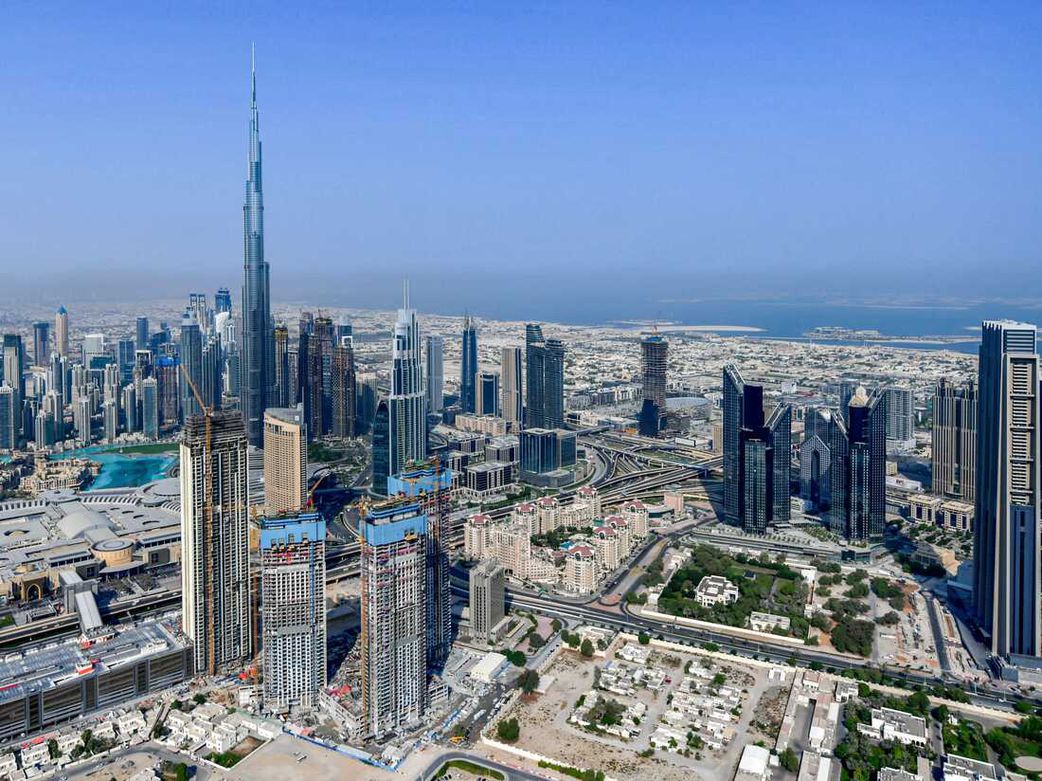
Status: Restricted
While Dubai and Abu Dhabi allow alcohol for non-Muslims under strict regulation, Sharjah enforces a zero-tolerance policy. Public intoxication or drinking outside designated venuesŌĆöeven in liberal emiratesŌĆöcan lead to fines, imprisonment, or deportation.
8. Maldives
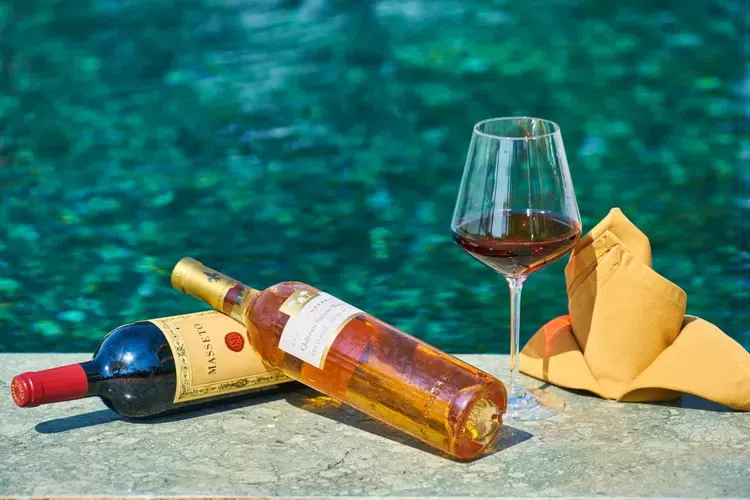
Status: Banned for locals
In the Maldives, alcohol is available only within tourist resorts. Locals are forbidden from consuming or possessing it. Offenders face criminal charges. Tourists should also avoid carrying alcohol into local islands or public areas.
9. Pakistan
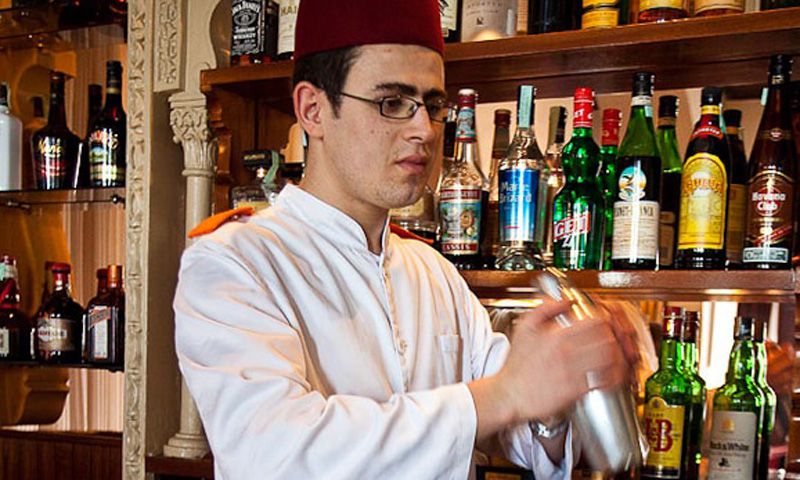
Status: Banned for Muslims
Pakistan permits non-Muslims to consume alcohol under licence, but itŌĆÖs tightly regulated. For Muslims, however, drinking is illegal and punishable by fines, imprisonment, or even lashings under certain laws.
10. Brunei
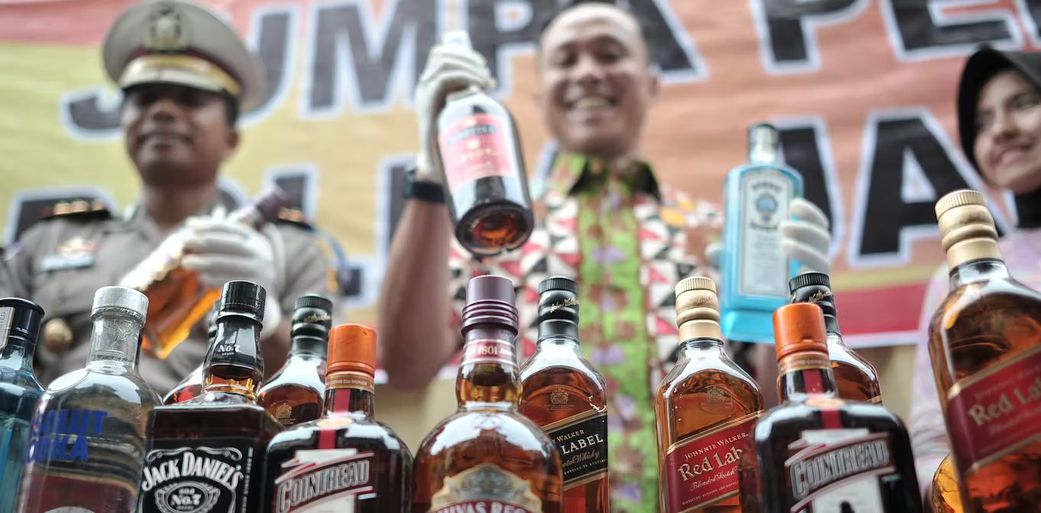
Status: Banned under Sharia law
BruneiŌĆÖs Sharia-based legal system bans alcohol for Muslims. Non-Muslims may bring in limited quantities for personal use, but public consumption is illegal.
Breaking the law can lead to heavy fines, jail, or whipping.
Final Thoughts
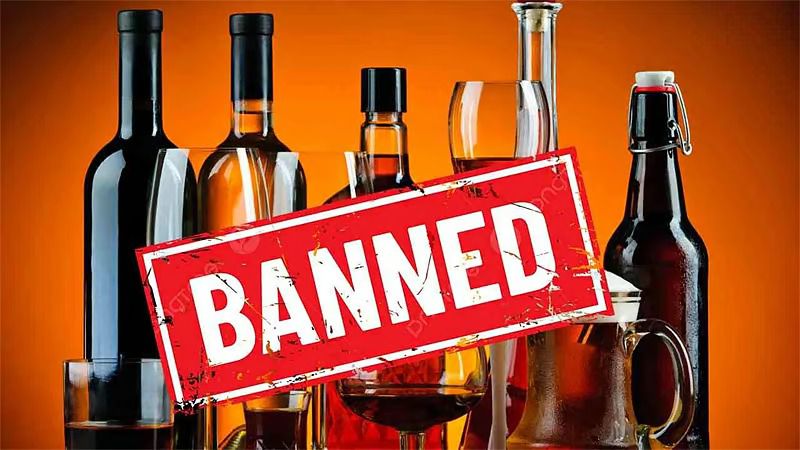
Before you pack your bags and jet off, it pays to know the local laws. A seemingly innocent glass of wine could turn into a legal nightmare if youŌĆÖre not careful.
Always do your research and when in doubt, ask a local or check your embassyŌĆÖs travel advisory. In these countries, ignorance of the law isnŌĆÖt just riskyŌĆöit could be criminal.






